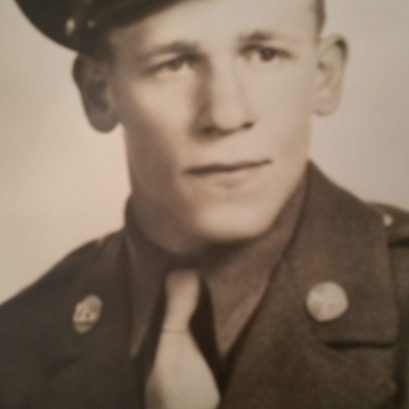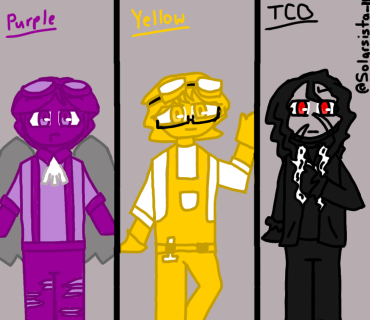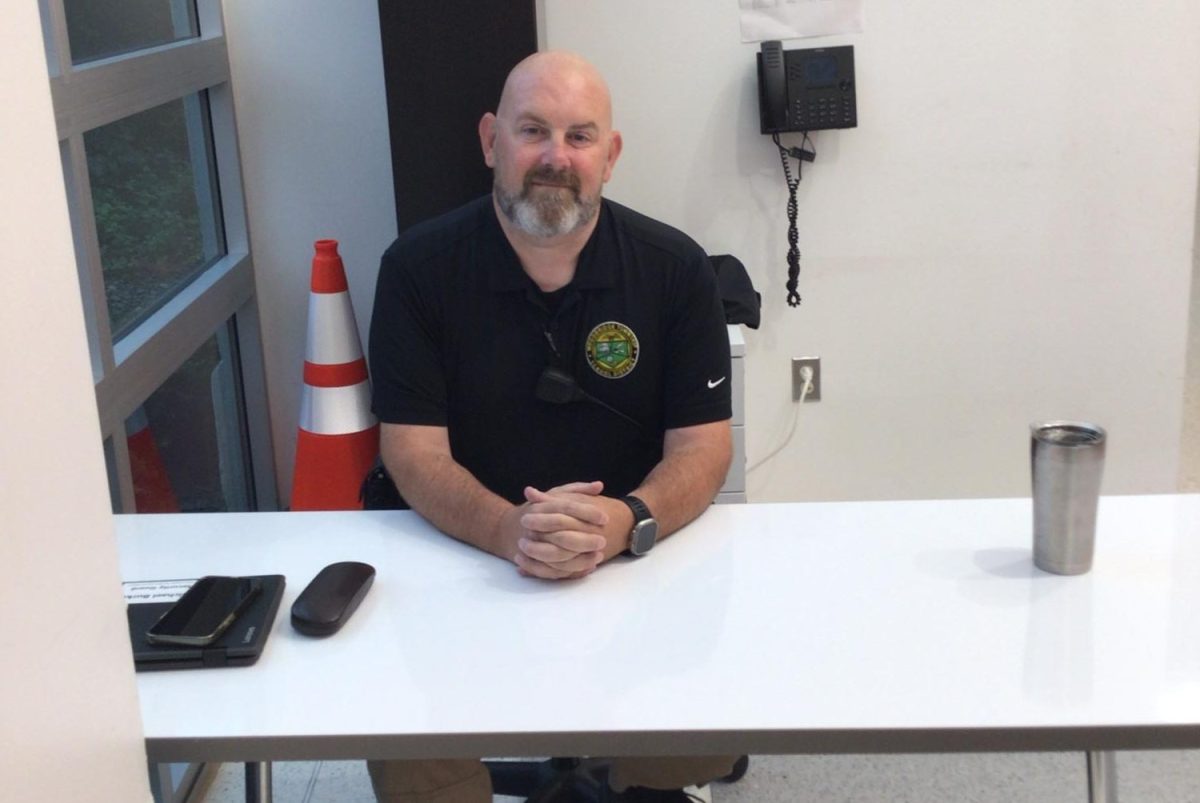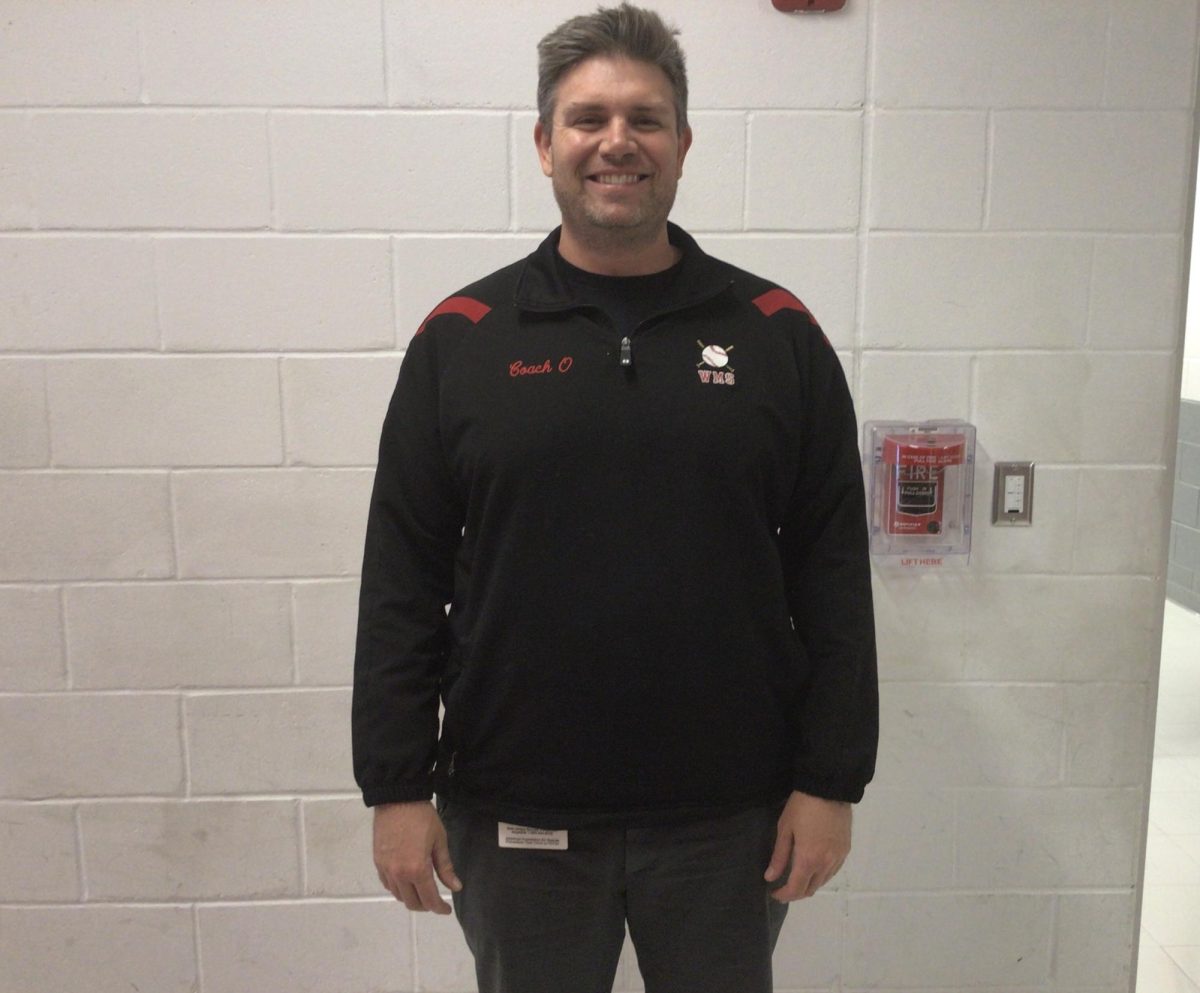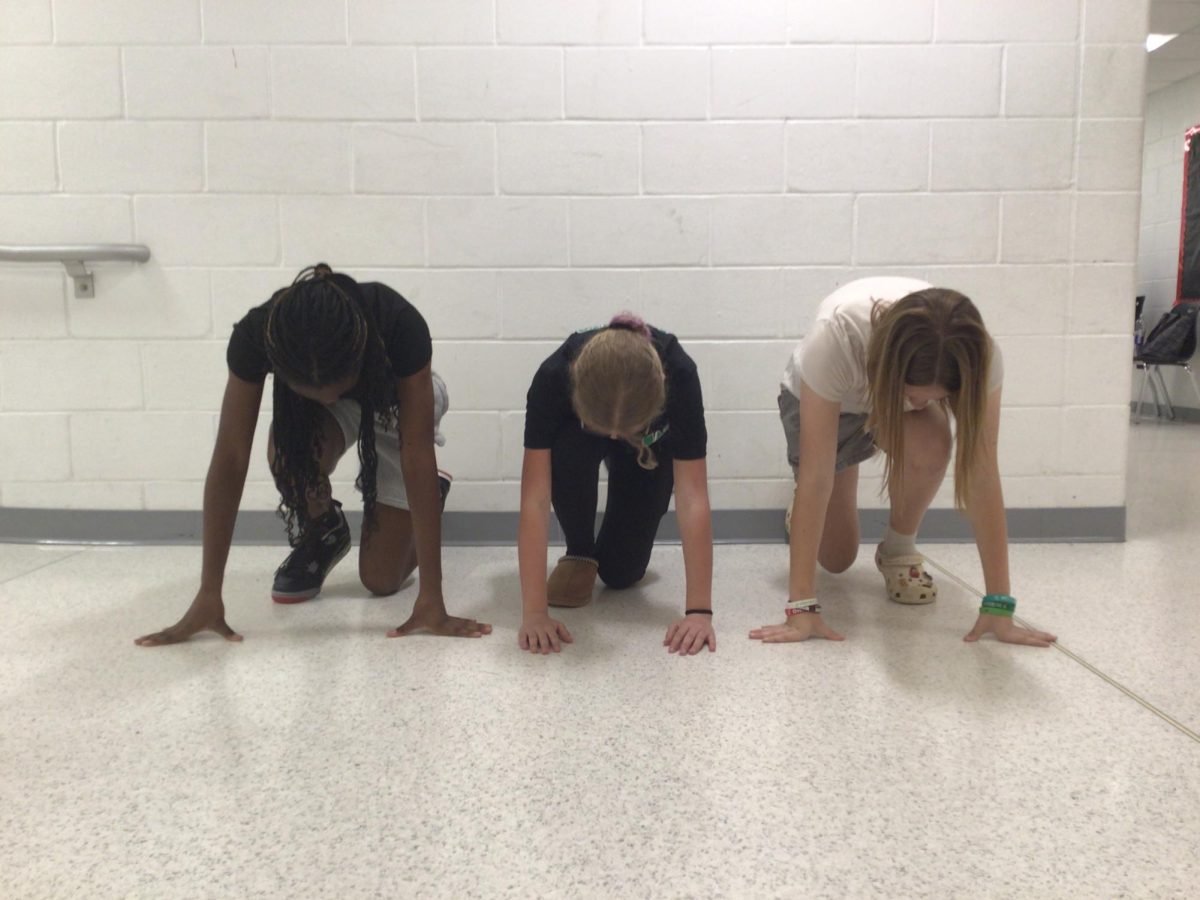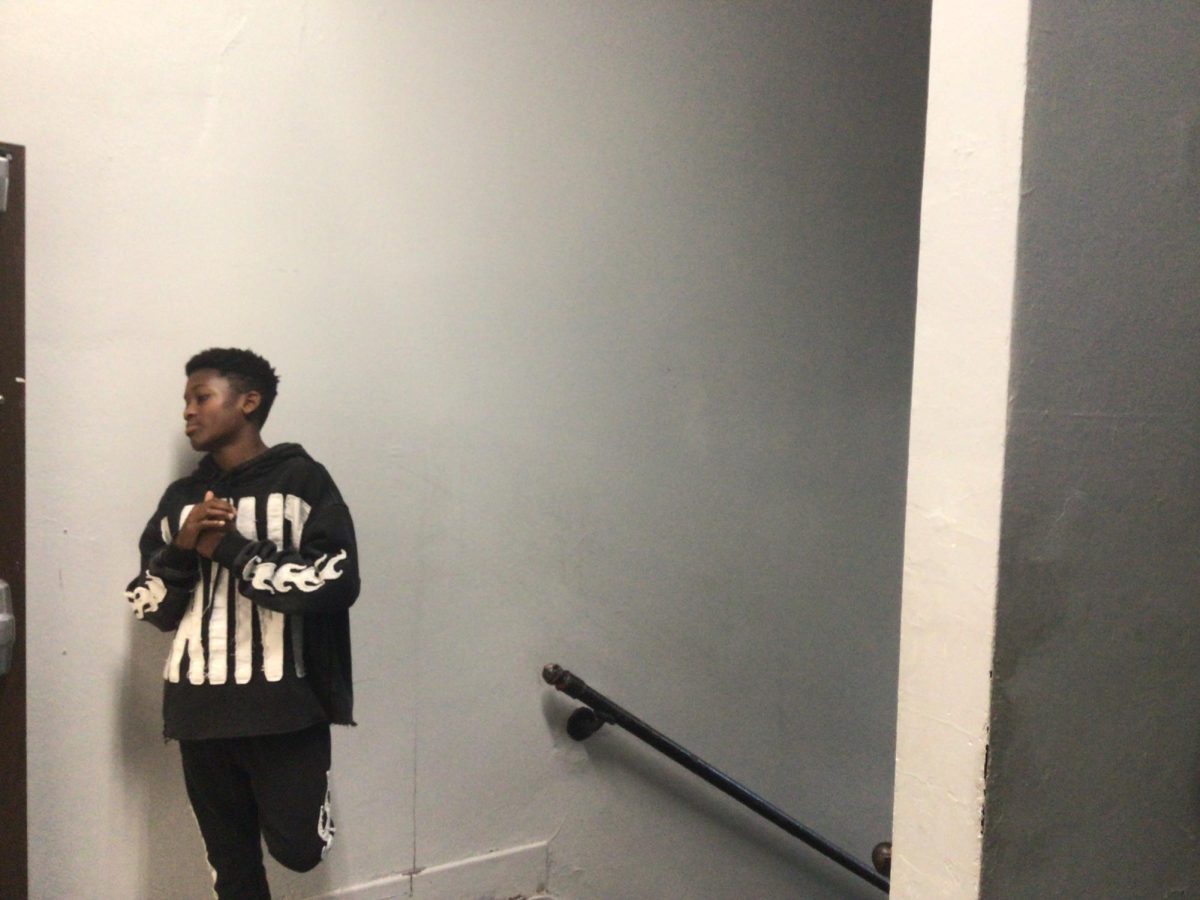Military life is often described as a life of discipline, strength, and a deeper sense of purpose. However, for some people it is described as something that gives formation, education, and something to serve that is bigger than themselves. Military life is not as easy as many people think it is and has its difficult moments. I’ve gathered information from interviews with veterans, Derek Sims, Michael LaPoint, and David LaPoint, which gives a better understanding of the pros and cons of military life, what basic training is like, and how deployment affects soldiers during and after service.
Basic training, is also known as boot camp, it is the first and most difficult step for recruits. Derek Sims, ex-Marine and now WMS security guard, said the hardest part was the tiring training hours from 3 a.m. to 10 p.m. with only about 4 hours of sleep each night for months. Recruits are pushed physically and mentally to prepare them for the responsibilities of their service.
Michael LaPoint, an Army veteran, also spoke about his basic training and how he lived with about 60 people in one room, with little privacy.
During basic training, Sims shared that his hardest moment was having to climb a 40-foot-high wall with a rope but without a harness over a 4-foot pool of water. Sims said this was his hardest moment because he has a fear of heights. For a lot of people, their fears can get in the way of a lot of the things they do, but for others, it can push them to complete their task.
Deployment is a big step in military life. Recruits can be sent anywhere in the world, most of the time into dangerous or unstable parts of the world. M. Lapoint served in Afghanistan, Iraq, Haiti, and even Egypt within only a few years; these fast-changing environments can often add to the high stress of military life.
Even though there are a lot of hard moments, many veterans say it is an honor to be able to serve their country. M. LaPoint said time overseas “can be both the best and worst experiences of life;”sometimes they can be within the same five minutes or years apart.
Like many careers, the military comes with pros and cons. The military can give structure, lifelong friendships, and many benefits. Sims gave a few examples, like free healthcare, home loans, and many job opportunities. “Every job I applied for, the moment they saw I was a veteran, I was at the top of the list,” he said. He also stated airports usually board veterans before other passengers, giving them time to put their bags away without the crowded aisles.
For others, the lifestyle can be hard. Military life teaches you discipline and completely changes the way of your life. M. LaPoint spoke about it being hard to return to civilian life, saying it can be “awkward and depressing.” everything the military needed to operate had once ‘ran through his hands” so after coming out of the military for good, he was lost and didn’t know what to do which led him applying for 150 jobs, and eventually working as a car salesman.LaPoint stated that college wasn’t for him, but the military filled that gap. He viewed purpose, traveling, and the friends he made during his service as a positive thing. Like the other veterans, he made it clear that military life isn’t for everyone.
For people considering joining the military, all three veterans have similar advice, like to think carefully before joining. “It’s not like Call of Duty,” M. LaPoint said, “It’s hard, physically, mentally, and emotionally”
Sims said starting with a shorter four-year contract instead of jumping into a longer contract would be better. M.LaPoint agreed, saying that a shorter contract gives people considering the military options if the experience isn’t what you expected.
A common theme amongst the veterans I interviewed was the need and the desire to be there. “We have the strongest military in the world because we have volunteers,” Sims said, “If you’re forced to serve, you don’t give your best. But if you choose to serve, you fight with everything you have.”
Military life isn’t easy, and it’s not pretty, but for people who choose it, it can provide discipline, purpose, and opportunity. Understanding the reality of training and deployment is needed for anyone thinking of taking the oath.

